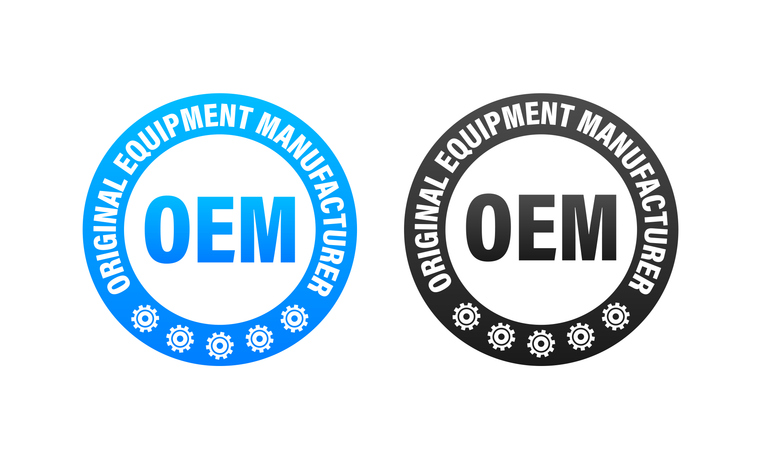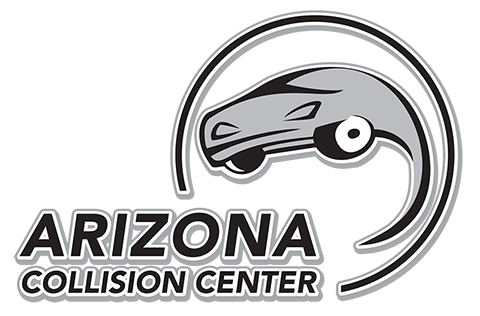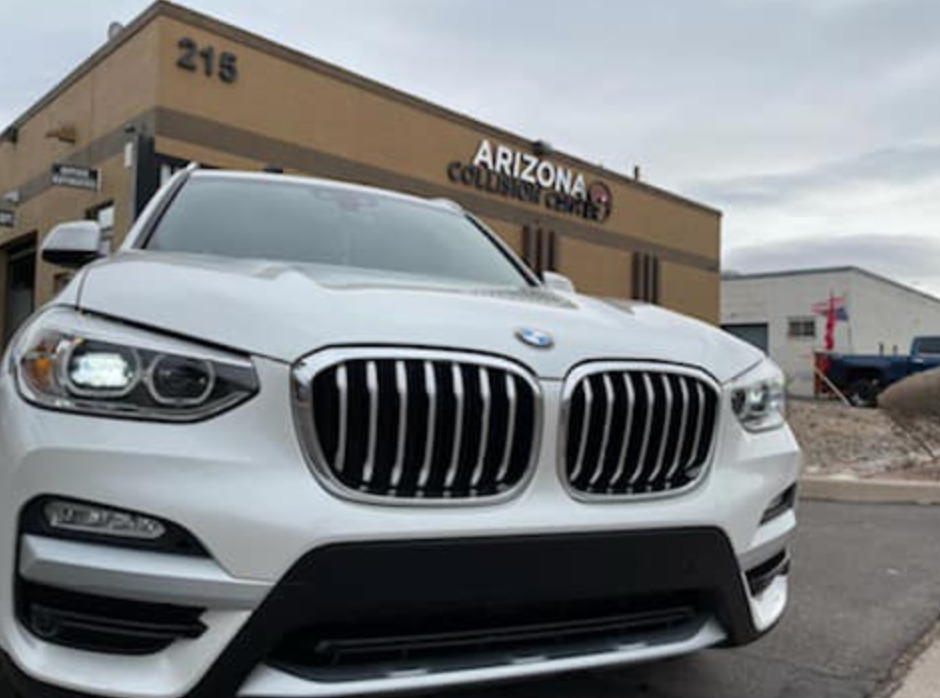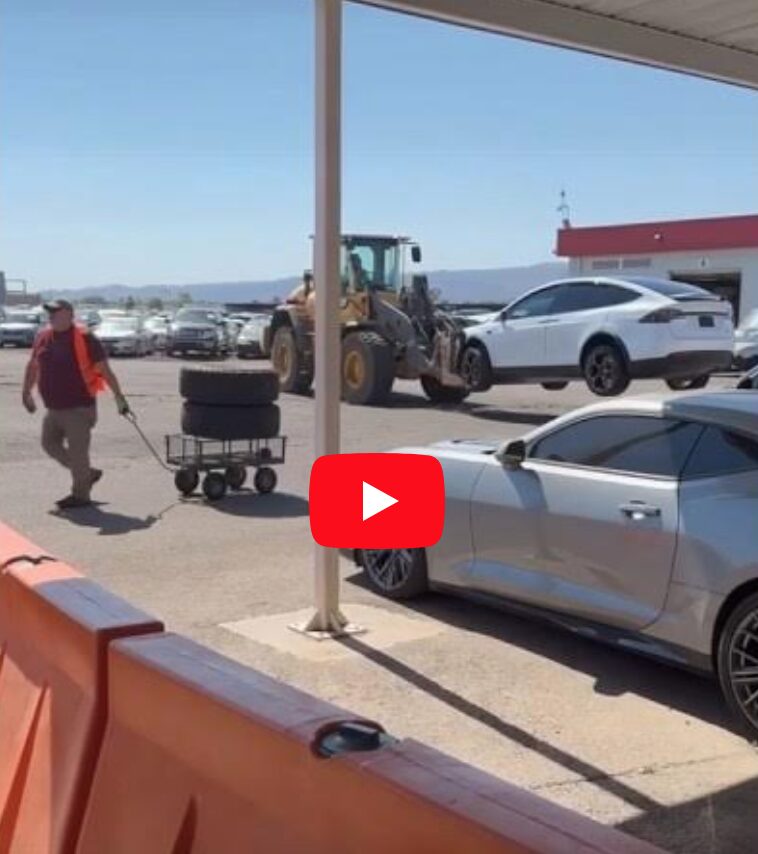Why OEM Parts Are Essential to Vehicle Repair in Arizona
Arizona body shops frequently raise a key debate: Original Equipment Manufacturer (OEM) parts versus aftermarket parts. When your car has been involved in an accident and requires repairs, choosing OEM parts over aftermarket ones can have profound ramifications for quality, safety and longevity of repairs. Let’s explore why OEM is essential and its implications as an owner of vehicle.

Understanding OEM Parts Versus Aftermarket Parts
What Are OEM Parts? OEM parts are components made by either your vehicle manufacturer or one licensed by them that meet its original specifications for assembly of your car. They’re the same parts used to assemble it originally.
What Are Aftermarket Parts?
Aftermarket parts are manufactured by third-party companies and designed to fit various vehicles. While they can often provide an economical alternative to OEM parts, their quality and compatibility may differ.
Why OEM Parts Are Preferred
1. Guarantee Quality and Fitment
OEM parts provide the same level of quality as their original counterparts, engineered to fit perfectly and work seamlessly within your vehicle’s systems to ensure that collision repairs meet manufacturer standards.
Precision Engineering
Every OEM part is carefully manufactured to precise standards, guaranteeing optimal functionality and fitment. In contrast, aftermarket parts may fail to live up to such high standards resulting in problems like poor fit or performance.
2. Ensuring Vehicle Safety
Safety Standards Compliance.
OEM parts are engineered to comply with stringent safety standards, making sure that your vehicle remains safe after an accident. Unfortunately, aftermarket parts might not always adhere to these safety regulations and could compromise your vehicle’s integrity.
Crashworthiness and Protection.
OEM parts provide peace of mind during a collision by guaranteeing that its safety features perform as intended, for instance OEM bumpers and airbags work together to absorb impact and protect occupants while aftermarket parts may not provide equal levels of protection.
3. Preserving Vehicle Value
Reducing Resale Value
Utilizing OEM parts can have a significant effect on the resale value of your vehicle. Potential buyers tend to prefer vehicles equipped with original parts as they indicate a higher level of care and maintenance; conversely, aftermarket components may sometimes raise concerns regarding quality and reliability.
Original Warranties
Manufacturer Warranties provide added peace of mind by covering future repairs or replacements while aftermarket parts may come with either limited or no coverage at all.
4. Longevity of Repairs
Original equipment manufacturer parts have been extensively tested for durability and longevity to ensure repairs last as long as possible, while aftermarket parts may require more frequent repairs or replacements due to decreased durability.
Consistent Performance
With OEM parts, you can expect consistent performance. They are specifically engineered to match original specifications perfectly and help preserve your vehicle’s overall performance, while aftermarket parts might not offer as much reliability.
5. Manufacturer Support and Compatibility
OEM parts are designed to integrate seamlessly with other vehicle components, ensuring all systems work harmoniously together. While aftermarket components may not provide this same level of integration, which could cause compatibility issues.

Access to Manufacturer Support
OEM parts often provide access to manufacturer support for troubleshooting and assistance; this support can be invaluable in solving any problems that may arise with them. However, aftermarket parts may not come equipped with such comprehensive customer care options.
How to Find the Appropriate Body Shop in Arizona
Search for Certified Shops
When selecting a body shop in Arizona, try to choose one certified by vehicle manufacturers as this increases the odds that OEM parts and high repair standards will be utilized during repairs.
Review Reviews and Receive Recommendations
Research body shops by reading reviews and seeking recommendations. Positive responses from previous customers can show whether a shop uses quality parts and offers excellent service.
Don’t Be Shy About Parts
Be sure to ask the body shop which parts they use when performing repairs on your vehicle, making sure they use OEM components to guarantee the best result possible for repairs.
1. What are the primary differences between OEM and aftermarket parts?
OEM (original equipment manufacturer) parts are made directly by vehicle manufacturers or authorized partners and meet original specifications; aftermarket (third party ) parts are produced by third parties and may vary greatly in quality and fitment.
2. Are OEM parts more costly than aftermarket parts? In general, OEM parts tend to be more costly than their aftermarket equivalents – though their higher costs often reflect their superior quality and reliability.
3. Will using aftermarket parts void my vehicle warranty? Yes, using non-compliant aftermarket parts could potentially void portions of your warranty coverage, especially if they do not meet manufacturer specifications.
4. How can I locate a reliable body shop in Arizona? To locate a reputable body shop in Arizona, search online reviews or seek recommendations from friends or family.
5. What can I do if I’m confused about choosing OEM or aftermarket parts for my vehicle?
Speak with your body shop or trusted mechanic – they can give advice tailored specifically to the needs of your vehicle and help make an informed decision.
Conclusion
Utilizing OEM parts over aftermarket parts is vital in maintaining the quality, safety, and value of your vehicle after an accident. OEM parts offer superior fit, durability, and performance to keep your car in top shape. When looking for collision repairs in Arizona, prioritize body shops who use only OEM parts in order to achieve optimal outcomes for your vehicle. Arizona Collision Center takes great pride in using only genuine parts as we prioritize customer safety first – call today and book service with us by dialing (480)668-3105!





No Comments
Sorry, the comment form is closed at this time.